
https://www.youtube.com/watch?v=NO8Fz6gGOus&pp=ygUbVGhpcyBoYWJpdCB3aWxsIGRlc3Ryb3kgeW91
HOW TO BREAK THE BAD HABITS - Try it and You'll See The Results
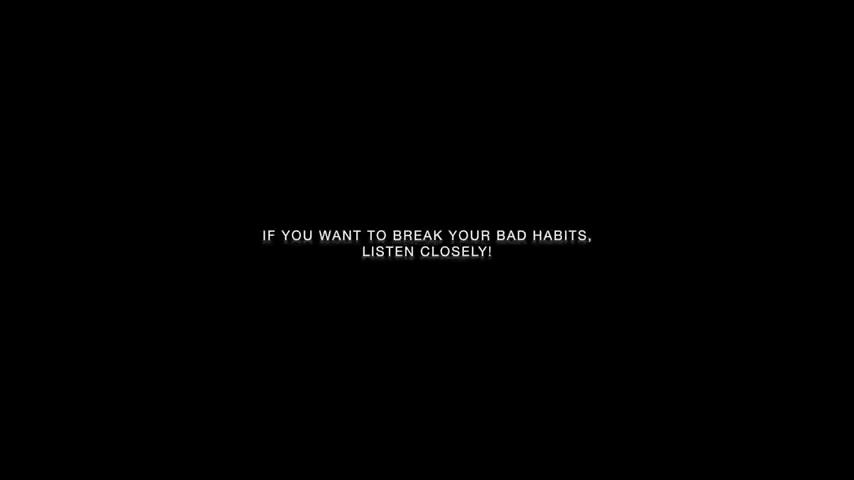
When we're trying to change our behaviors , uh , there's some behaviors that we want to be experts at and then there's some behaviors that we're perfectly fine being amateurs at .
Right .
And , and on the bottom two as well , the habituate or the addict , there's behaviors that we want to stop doing that are low will power and high will power .
So it's not necessarily the person , it's the behavior they're trying to change .
But I think , you know , you'll find it very difficult to become an expert at something if , if you use the same criteria that it takes to become an amateur at something .
If your test to become an expert is this , Mia , you actually won't have the grit and perseverance needed to power through the times that are shitty , that are hard .
So most people's problems , I think when it comes to the fitness space in particular is that we train like we're experts , even though what we want is an amateur behavior .
Right ?
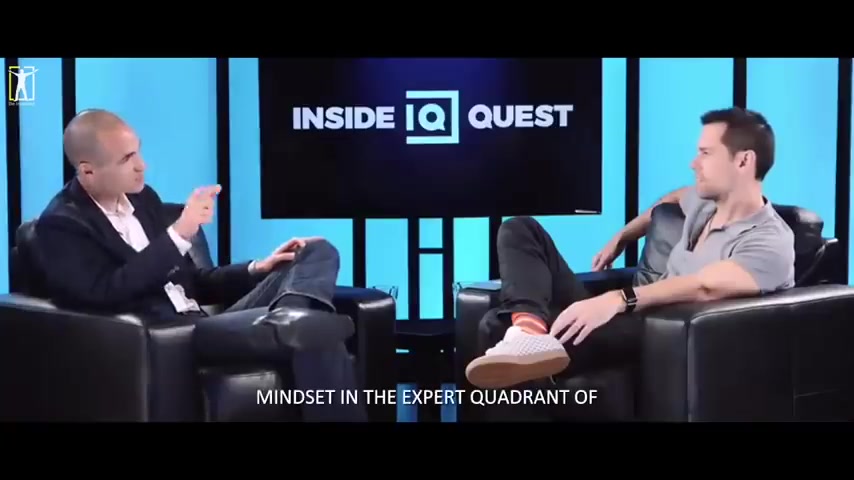
We go to the gym and we have the mentality that we need a trainer and fitness programs and , you know , we need to no gain , no pain , no gain .
And it's got hurt or it doesn't work .
And that's , that's the expert mentality .
I've written on this article you , you alluded to called Why fitness apps make you fat .
Because what we find is that when you , when you take that mindset in the expert quadrant of , you know , I've got to figure out the expert quadrant is all about figuring out your mistakes and it's got to be in , uh , in some way painful in a way or you're , you're not gonna get better .
What that means is that people are doing exercise that they hate , which means it's not going to be sustainable .
Not only that we know that , that , that uh when you suffer at something , there's this phenomenon called moral licensing that when we feel like we've sacrificed in one area of our lives , it's like squeezing on a balloon , right ?
When we feel like we're being good in one area of our lives , we cheat in other areas of our life , right ?
I squeeze on this side of the balloon in the other area and we've seen this phenomenon occur time and time again .
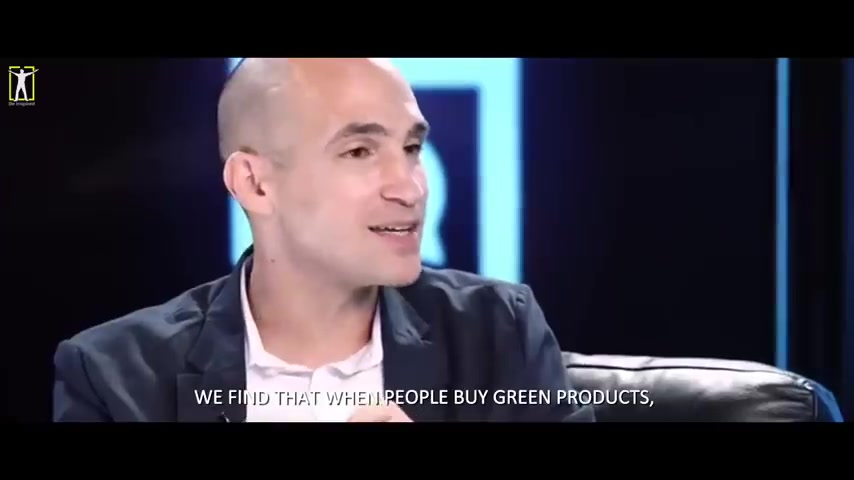
We find that when people buy green products , they're actually less kind , they , they're less likely to help someone who's just fallen down in front of them after they've sacrificed by buying an ecologically sound product .
Some of the highest insurance rates on the road today are from a car that you wouldn't expect it .
It's not Ferraris and Lamborghinis .
Some of the highest insurance rates are for Blue Priuses .
Right .
Right .
Because there's this effect of more licensing .
If we're good in one area , we're allowed to be bad in other areas .
So , how does this play out in the fitness world ?
Well , I just , you know , sweated it out on the treadmill for 30 minutes and I've , I , you know , it was so difficult and I , you know , I , I did it iiii I persevered and it was so hard for me .
I didn't enjoy a second of it .
I deserve a Jamba juice with 60 g of sugar and , you know , 600 calories , even though I only burn what , like 300 calories on the treadmill , I deserve a reward .

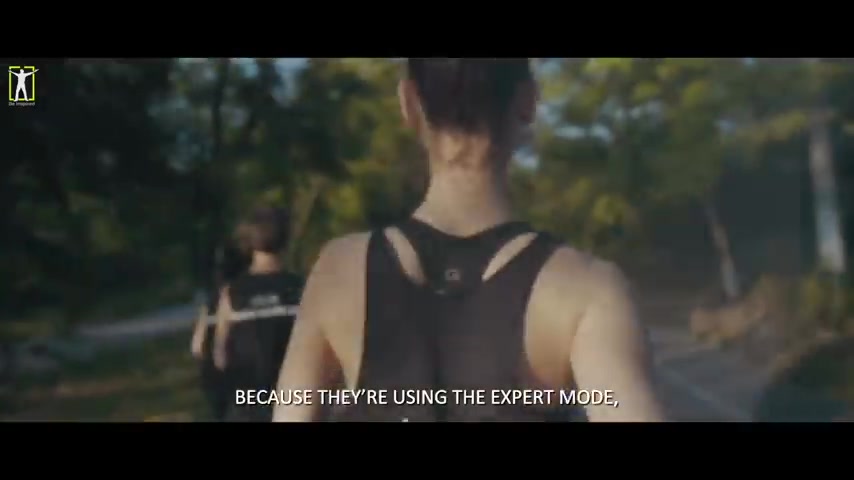
And unfortunately , I think bringing you back to the technology industry , a lot of fitness apps today only look at that side of the equation .
They're only about getting your step counts because they're using the expert mode as opposed to the amateur mode .
So we talked about the top of that behavior change matrix , right ?
These do behaviors that are either low willow or high willow at the bottom of that behavior change matrix are the don't behaviors , the things we want to stop doing .
And so there again , we have low will power and high willpower .
So what I've utilized it in my life is that using a technique I call progressive extremism , progressive extremism .
And the idea is that , um you know , the problem with diets .
And the reason that diets make us fat is that they train our brains to anticipate scarcity .
And of course , what you're doing when you train the brain to do something is that you're , you're heightening the awareness you're making us , uh , you know , these diets train us to expect .
Ok , I'm suffering today .
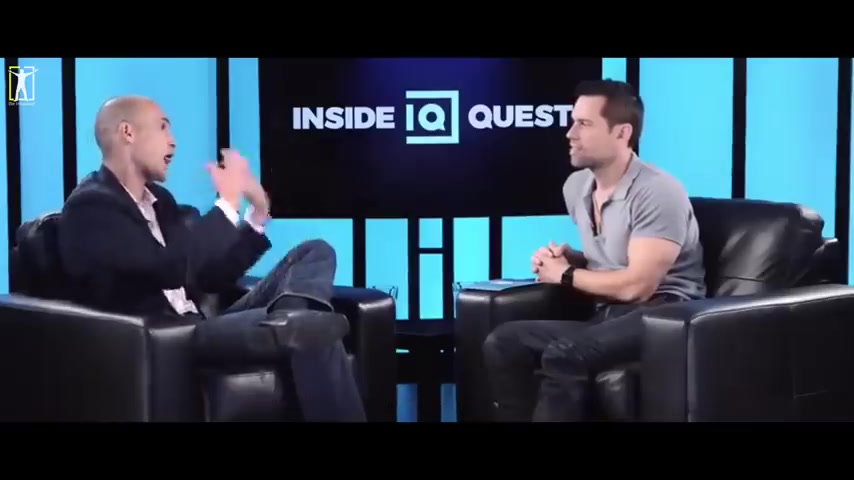
But as soon as this diet ends and I'm , you know , I can fit into my wedding dress or , uh , the graduation ceremony comes , or here's my goal by the end of the year , I'm gonna , you know , be at this weight as soon as I free myself from that diet .
Ah , and that's , that's the problem .
So , instead of saying , you know , a diet that has this time based , uh , endpoint , what I advocate for is progressive extremism .
So , pick something that , you know , you want to stop eating .
In this case , if , if food is what we're , is the behavior we're trying to change .
And the criteria is pick something that you can give up without too much trouble , but you can give it up for the rest of your life .
Why would I want to do something temporarily and then go back to eating the way I used to eat .
That doesn't make any sense .
Of course , I'm gonna gain the weight .
I wanna make a permanent change .
And so I started out with my , the first thing that I excised from my life was candy corn .
And so I just cut them out and say , I'm never eating candy corn ever again .
And then what happened ?
And I kept track , I kept track of everything I gave up .
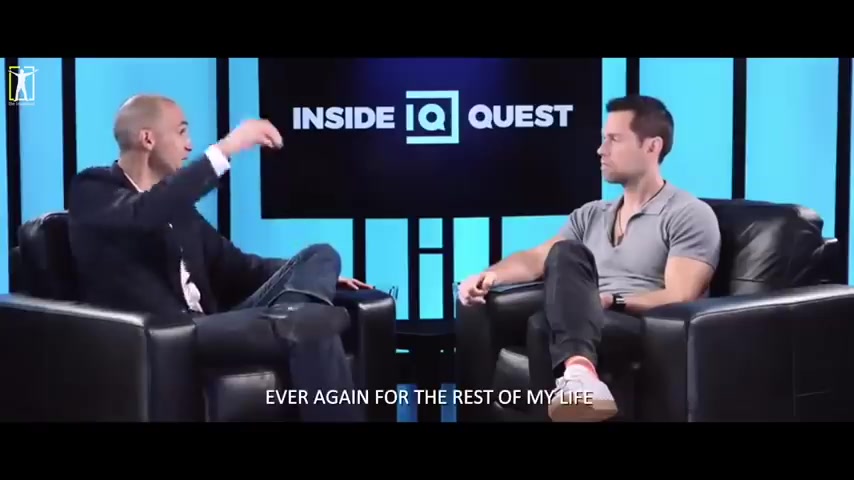
And then maybe like a week or two later I'd assess and say , hey , that wasn't so hard .
What else could I give up ?
And then I would give up another thing and another thing , then I think the thing I gave up was no sugary drinks in the house .
OK ?
I could have sugary drinks outside the house .
No sugary drinks in the house ever again .
For the rest of my life .
It's a rule , progressive extremism .
So I went up this chart kind of more and more and more things that I was giving up until I gave up .
You know , uh just last June , I gave up refined sugars completely .
It's just not something I do .
Now when people have no trouble saying , oh , candy corn easy , that's great .
But then you say , OK , I'm going to give up all refined sugars and people say , oh , that's not so cool anymore .
But of course , that's , that's a natural progression .
And what you're doing here is you're using this , this , this phenomenon of , of , of self image that when you talked about self image earlier and how we can actually utilize how we see ourselves to boost our willpower .

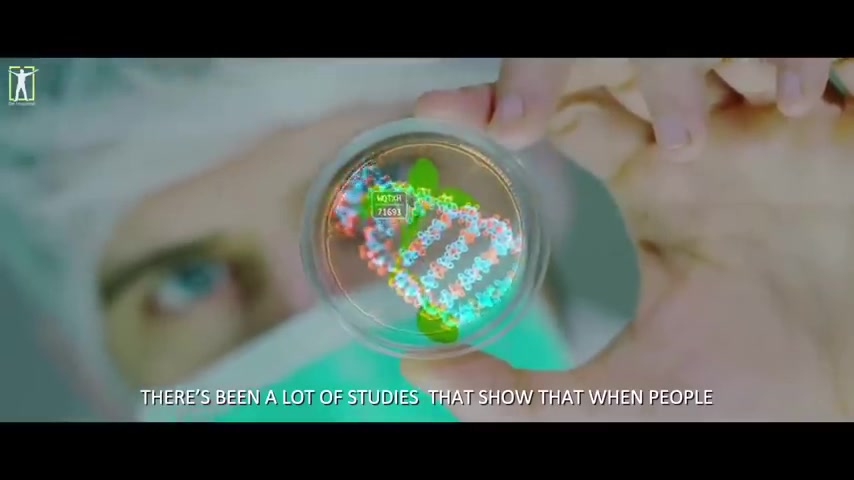
There's been a lot of studies that show that when people identify a behavior that they they do or don't do as part of who they are , it becomes much easier to resist .
For example , uh , if you're a vegetarian , if you're a devout Muslim , if you're an Orthodox Jew , you're not constantly asking yourself , should I eat the meat or should I have some beer or should I have some pork ?
Right .
Like , that's not a debate you're having on a constant basis , you just don't do that because that's who you are .
Right .
If I'm a devout Muslim , I just don't drink .
That's just what I do .
If I'm a vegetarian , I just don't eat meat .
It's no longer a debate of , should I can I ?
Is it ok ?
I just don't .
Right .
Whereas many diners they think to themselves , well , should I , should I not , should I have the cake ?
And what they're doing is expending this willpower resource that over time , you know , there's a lot of evidence that shows becomes depleted and it becomes very hard .
It's this constant struggle .

But by doing this progressive extremism and saying , look , that's just one thing I just don't eat and taking it slowly .
I mean , this has to take years to , to , to , to , uh , to , to scale up , you're constant , you know , you're constantly excising things from your life , from your day .
It , but for the rest of your life and it's using that same principle of this is just who I am .
I just don't eat those things .
So that , that's the shift is changing your mindset of this is something I just don't do versus something I can't do , which you can't mean maybe it's flexible versus something I just do not do .
Are you looking for a way to reach a wider audience and get more views on your videos?
Our innovative video to text transcribing service can help you do just that.
We provide accurate transcriptions of your videos along with visual content that will help you attract new viewers and keep them engaged. Plus, our data analytics and ad campaign tools can help you monetize your content and maximize your revenue.
Let's partner up and take your video content to the next level!
Contact us today to learn more.